Last week we talked about why leaders need to focus on building trust with their employees if they want to move forward, have engagement, and a good culture.
If you did not have a chance, go back and read last week’s blog on why we as leaders need to make sure we build relationships with our employees if we want to move forward faster with them.
On to why we need to think like sales professionals if we want to gain influence with our employees. Sales professionals are trained to gain influence and how to build relational collateral with people. I like to think of influence and relational collateral as a bank account. Consistent deposits over time gains great levels of influence. Constant withdrawls without deposits results in a bad relationship.
People will not buy from people they do not know, like, and trust. If we want employees to buy in to what we are wanting to do, then we need to make sure we are focused on them.
You may be wondering how we focus in correctly. It’s actually pretty simple and starts with three questions that the employee is asking about their leaders.
Do I like you?
Do I trust you?
How can you help me?
These three questions seem very selfish right? We all go into this thought process every time we meet another individual. It is hardwired into our brains for survival. When mankind was hunting and farming with their community they needed to know if they could also trust those around them. No one really wanted to get eaten by a saber toothed tiger right?
As a leader we need to be outward focused so we need to narrow in on these three questions and how we can answer them well for each and every employee that reports to us. If we can’t answer any of these questions, then we will not gain influence and engagement from our employees.
The next question you are probably are asking as you read this is how do we answer these three questions? We need to sit down and ask questions of the employees. That’s right, we need to be asking questions to understand our employees. People want to be understood and known. How do leaders do that? They ask questions.
Three main types of questions: Situational, Issues, and Ramifications kind of questions.
We need to understand where our employees are at, what issues they are facing, and what are the ramifications if those issues are not resolved. That is why when meeting with employees we should be using the same CRM that we use for our customers. We should be constantly learning about our employees. Not to leverage them, but to know them and their situation. By knowing where they are and what they are struggling with we will be able to help with solutions. By doing this we build influence and engagement as a biproduct.
If we do not and simply focus on getting a job done, we will see turn over, lack of engagement, and slow downs in work which end up driving higher costs eroding our profits. It is to our benefit if we take time to understand our employees and learn about them to help them. If we do so, we will be rewarded with what Dave Ramsey says, “They will charge the pits of hell with a water pistol for us,” if we show employees we care about them.
Have a great day!
Sincerely,
Kevin Sidebottom
“Businesses wonder why the majority of their sales teams struggle at winning profitable business. I teach your sales team to walk with the customer through the five buying decisions, and in the correct order to generate more sales with high margins!”

